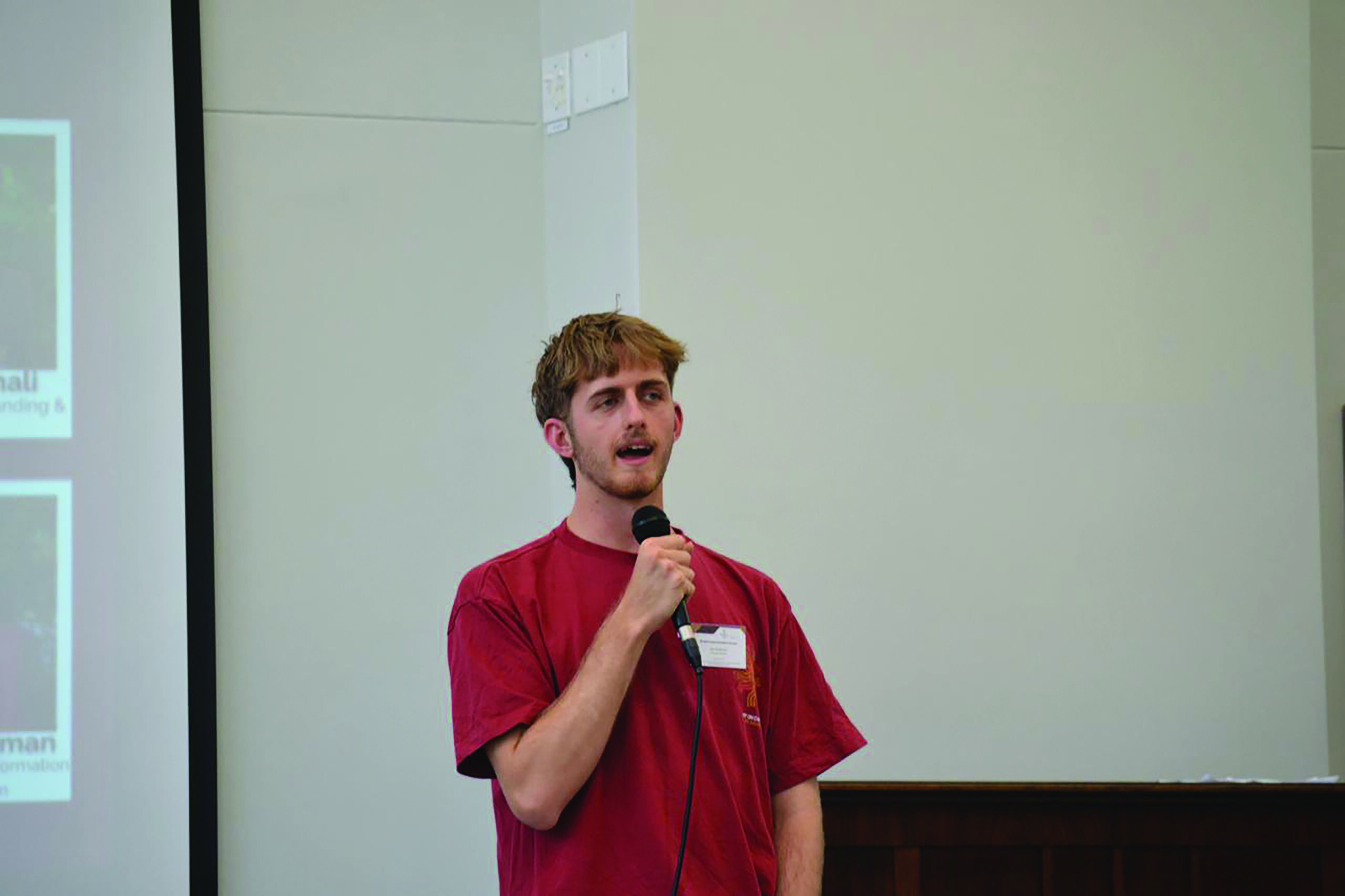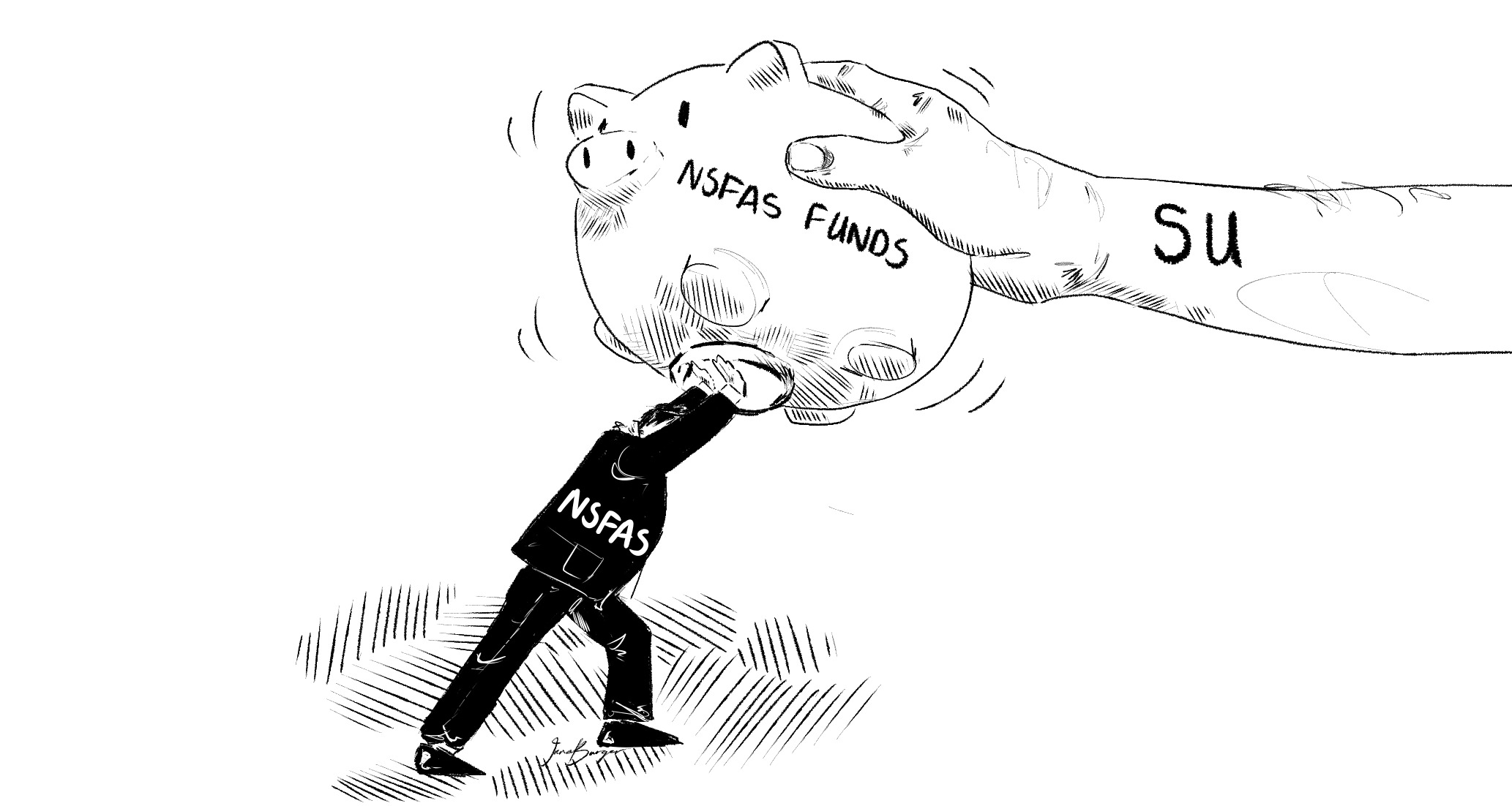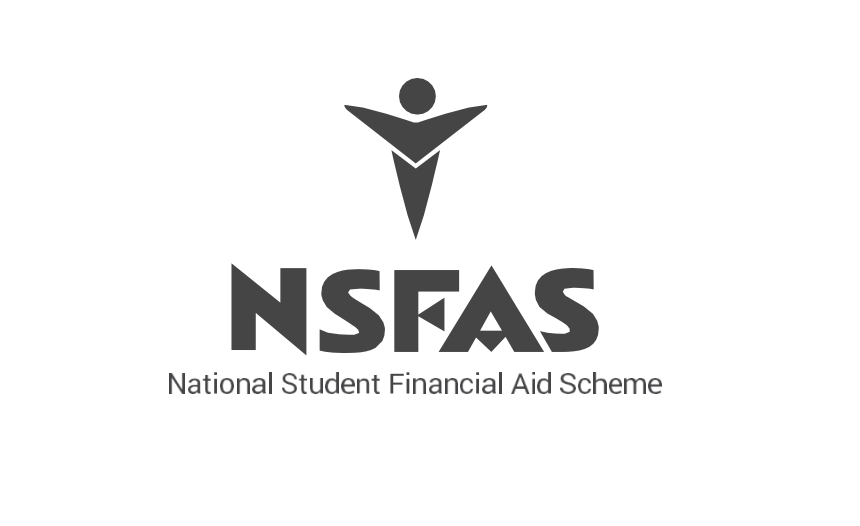BY KERSTIN LEE
With cases continuing to rise across all provinces, students are starting to wonder whether Stellenbosch University (SU) will have to return to Emergency Remote Teaching, Learning and Assessment (ERTLA). On Wednesday 12 May Health Minister, Zweli Mkhize announced that South Africa is, on the face of it, experiencing a third wave of COVID-19 with an 80% increase in COVID-19 cases in Stellenbosch over the past week.
Currently, SU is utilising the Augmented Remote Teaching, Learning and Assessment (ARTLA) mechanism which allows students to attend limited face-to-face classes on campus to ensure that the campus experience is not lost and that students are exposed to the valuable student/lecturer dynamic.
SU spokesperson, Martin Viljoen stated that the university will employ the ERTLA mechanism, should the situation arise where staff and students would need to work or study from home. However, he said that “contingency plans are in place for a possible third wave and will be based on the specific levels that would be announced.”
As it stands, residences are still adhering to current COVID-19 protocols as third wave decisions are awaited. The decision to keep residences open “will only be taken once there is more information available”, stated Viljoen.
With these tentative plans and the associated uncertainty, concerns surrounding the health and safety of students may be mitigated by the phasing-in of specific students. This was also done at the beginning of the second semester last year. Final years and specific degree programmes should be prioritised, proposed Rue Munemo, an MEng Civil Engineering student. “I’m a big advocate for letting the final years stay [on campus]. It’s really hard doing final year from home”.
“I think last year’s system was a good phase-in of students because [the university] prioritised students who need to return to campus. They should have done it again this year,” said Inge Block, (MSc Plant Pathology student).
Furthermore, international student Karolin Jaschke believes that communication between the university and students needs to be efficient in order to make this work. Jaschke, a masters Political Science and Sociology student, expressed her grievance with the lack of effective communication between the international office and international students entering the curriculum.
“At the beginning of semester, there were a lot of problems for international [students] to get into courses. Due to the remote hybrid approach, a lot of courses started at different times than usual or ended earlier,” Jaschke said. Due to the increase in positive COVID-19 cases, the university “should stick to a remote teaching plan” Jaschke continued.
As with many plans to prioritise one area, another is bound to be excluded. The social lives and mental health of students are severely affected by remote learning. “When we were at home last year… I wasn’t in a good place mentally,” Sionné Hattingh (final-year LLB student) said.
“It is difficult to find a balance between being cautious and taking the right measures to prevent another spread, and enabling students to have a social life,” Jaschke continued, explaining the difficult position remote learning puts both students and the university in.
Many South Africans are still without the vaccine and with the third wave making its way to other countries. How the possible third wave will affect SU students will only become known in the coming weeks.



